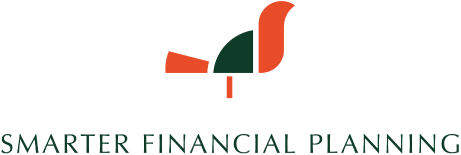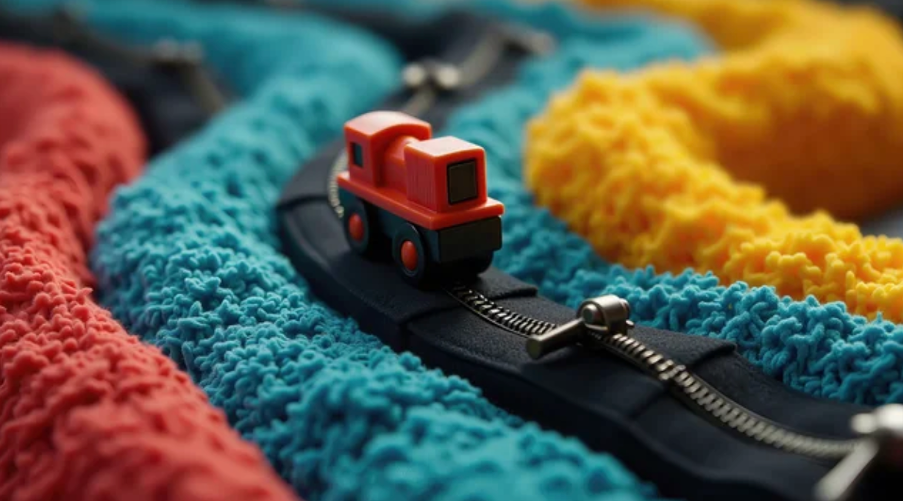The richness of doing nothing
This year I've enjoyed my fair share of breaks away; near and far, taking time in The New Forest National Park, the Eternal City of Rome, and most recently the mediaeval former capital of Poland, Krakow. UNESCO World Heritage Sites, and places of Outstanding Beauty. Travelling is wonderful, but there's something special about that moment when you come back to familiar territory, home: the contrast helps you appreciate what you have.
Despite all the doom and gloom we're fed daily through the media, we live in an amazing time. Sometimes coming home makes you feel richer than any holiday ever could. Perhaps it reminds us that we already have everything we need…
What we miss when we're not looking
We should look around us more. Last month I was in London meeting an old university housemate for the first time in 38 years, and had a mooch around Marylebone Village. I knew it existed, but I’d never had a reason to spend time there before. There's the Wallace Collection hidden nearby, thanks to Jonathan and Ruth for drawing back that curtain. All this stuff, right there in plain sight.
Then yesterday, taking the dogs out for my Everyday Escape, I followed a footpath into parts of Wendover I never knew were there, despite living here for years. There's even a skatepark in the rec now, which I only noticed because skateboarding has recently become a new hobby for me.
That's the thing about fresh perspective – whether you come home from holiday, back from a day trip to the big smoke, or find yourself with a new hobby, it’s possible to suddenly see your local environment differently. We have it all here, if we'd only pay attention.
I'm fortunate that my clients see money differently to many too - as something for security or legacy, or perhaps the textbook means of exchange whereby your labour can be traded for memories and outright fun, not necessarily as a way to ‘keep score’. They're not constantly chasing more while dismissing what they have. But even so, when it comes to investing, the temptation to tinker can be strong.
The discipline of standing still
We're programmed to want more, to see change as preferable to doing nothing. Change seems exciting. Novelty seems better. But when it comes to investing, doing nothing is often exactly the right course of action – even though everything in us wants to act, to react to the markets, for example, to change course, try something new, the best thing to do is stick to the plan.
The recent Budget speculation is another good example of this. The headlines at the moment are wild with speculation, and at a recent Dimensional meeting, I heard other advisers talking about clients taking cash out of their pensions in a panic. But the best thing to do is to not do anything until we've got evidence. There's no point acting on pure speculation. In fact it’s dangerous, and can lead you astray.
Many of my clients bought houses when they were nothing special. Now they're worth many thousands. Simply from doing nothing. How lucky we are.
I've been watching The Celebrity Traitors, and way back in week one, poor murdered Paloma Faith said something that stuck with me: everything's a choice. Failing to choose is still a choice. She was right – even Alan Carr not proactively choosing her was a choice (she was just the easiest to eliminate without raising suspicion). A month later, they’re still talking about the betrayal, and it may yet be his downfall. This feels apt for investing too. Choosing to stick with your strategy, to do nothing, is an active decision. Seeing it that way makes it feel less passive. Just like with inheritance tax – some people choose to do nothing, whether because they don't want to mitigate tax or they've done all they can. It's still a choice.
Living with intention
Carl Richards, a certified financial planner, author of The Behavior Gap, has a great illustration about how carrying around too much stuff is exhausting. My mum recently had a letter about a Halifax account she'd had forever but lost track of. When I went to the branch with her, we discovered she actually had three accounts – current, savings, and an ISA – all just sitting there, forgotten. Even if you're completely compos mentis, carrying all this complexity is tiring.
Simplicity matters, in finances and in life. But so does intentionality. Here's an uncomfortable question: if someone looked at your last three months of bank statements, would they understand your priorities? Would they see money spent on the things you say matter most to you? Would you be embarrassed?
For me, the statements would reveal an obscene number of notebooks and running gear – including three new long-sleeved tops from Tracksmith in Marylebone that I absolutely didn't need but are the result of my aforementioned mooch! Running is meant to be simple. Sigh. But they'd also show that I say I love skateboarding, yet when did I last actually go? Next week perhaps? The banking app never lies about what we truly prioritise versus what we tell ourselves we value.
This isn't about spending less or more. It's about alignment. It feels like Christmas is coming; I've ordered The Art of Spending Money by Morgan Housel. Treat yourself, or a friend. Money should be used – not hoarded, not constantly chased, but actually used. For security, for memories, for the things that genuinely matter to you.
The question isn't whether we should appreciate what we have or spend money on what we love. We should do both. The question is whether we're being honest with ourselves about what we actually love, and whether our spending reflects our real priorities or just our habits, and perhaps obligations. Is there stuff we can let go, and refocus our attention?
Enough
In a world that constantly tells us to do more, buy more, change more, there's profound wisdom in recognising when we have enough. When the right move is no move at all. Your investment portfolio doesn't need constant tinkering. Your pension doesn't need reacting to every Budget headline.
Sometimes, the richest thing you can do is simply appreciate what you already have – and make sure you're actually using it in ways that reflect what matters most. Take a different footpath on your next walk. You might be surprised what you've been missing.


